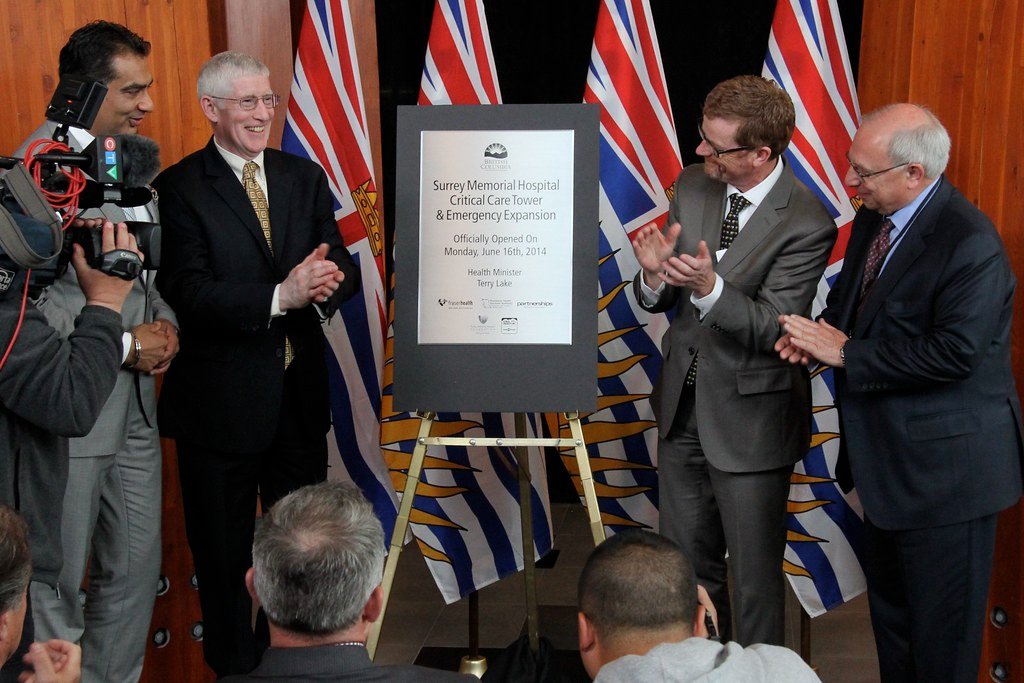 assisted living facilities
assisted living facilities
As our population ages, the prevalence of cognitive disorders such as Alzheimer’s disease and dementia continues to rise. Recognizing when a loved one may need memory care is a crucial step in ensuring their safety, well-being, and quality of life. This topic has gained significant attention in recent years as families grapple with the challenges of caring for aging relatives with memory impairments. However, identifying the signs that indicate a transition to memory care is needed can be complex and emotionally challenging.
Exploring the Facets of Recognizing the Need for Memory Care
Identifying the signs that a loved one may need memory care involves understanding the symptoms and progression of cognitive decline. Common indicators include memory loss that disrupts daily life, difficulty completing familiar tasks, confusion with time or place, and changes in mood or personality. Additionally, challenges with communication, wandering behavior, and safety concerns may signal the need for specialized care in a memory care facility.
According to the Alzheimer’s Association, early detection of cognitive impairment allows for timely interventions and access to appropriate support services. Memory care facilities offer specialized programs and resources designed to meet the unique needs of individuals with memory impairment, including structured routines, cognitive stimulation activities, and 24-hour supervision.
Challenges and Considerations
One of the main challenges in recognizing the need for memory care is overcoming denial or resistance from the individual and their family members. Ethical considerations arise when balancing autonomy and safety for individuals with cognitive impairment, leading to debates about the appropriate level of intervention and support.
Recent studies, such as research published in the Journal of the American Medical Directors Association, highlight the importance of early assessment and intervention in improving outcomes for individuals with memory impairment. However, access to memory care services may be limited by factors such as cost, availability, and caregiver burden.
Case Studies or Real-world Applications
A case study involving a family’s journey in recognizing the need for memory care can illustrate the practical considerations involved in this decision. By consulting with healthcare professionals, conducting comprehensive assessments, and exploring available resources, families can make informed choices that prioritize their loved one’s safety and well-being.
Another example involves the implementation of memory screening programs in community settings. Research published in the Journal of the American Geriatrics Society suggests that early detection of cognitive impairment through screening initiatives can facilitate timely interventions and support services, ultimately improving outcomes for individuals and their families.
Conclusion
In conclusion, recognizing the signs that a loved one may need memory care is essential for ensuring timely access to appropriate support services and interventions. While challenges and ethical considerations exist, early detection and intervention can improve outcomes and enhance the quality of life for individuals with memory impairment. As our understanding of cognitive disorders evolves, ongoing research and advancements in care delivery will shape the future of memory care services.
Q&A Section
- What are the early signs of dementia or Alzheimer’s disease?
- Answer: Early signs may include memory loss that disrupts daily life, difficulty completing familiar tasks, confusion with time or place, changes in mood or personality, challenges with communication, and wandering behavior.
- How do I approach the topic of memory care with my loved one?
- Answer: Approach the topic with sensitivity and empathy, emphasizing your concern for their well-being and safety. Focus on discussing the benefits of memory care services and the support they can provide.
- What services do memory care facilities offer?
- Answer: Memory care facilities offer specialized programs and resources tailored to individuals with memory impairment, including structured routines, cognitive stimulation activities, and 24-hour supervision.
- How do I find a reputable memory care facility for my loved one?
- Answer: Research memory care facilities in your area, visit them in person, and ask questions about their staff training, programming, and approach to care. Seek recommendations from healthcare professionals and other families who have experience with memory care services.
- What resources are available to help families navigate the transition to memory care?
- Answer: Organizations such as the Alzheimer’s Association, AARP, and AgingCare.com offer information and resources to help families navigate the transition to memory care. Additionally, consulting with healthcare professionals and social workers can provide valuable support and guidance.
For further exploration on this topic, you can refer to resources such as the National Institute on Aging and the Alzheimer’s Foundation of America. If you or someone you know is in need of memory care services, we encourage you to fill out our form, and a specialist will reach out to provide personalized assistance.
Need help? Let us know how we can match you.
